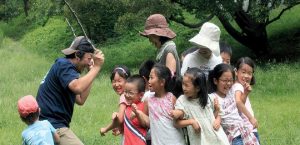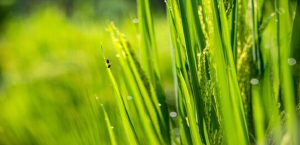Abstract:
The expansion of monocultural agricultural fields poses a significant threat to tropical biodiversity. One such crop is rubber, which is extensively cultivated in South and Southeast Asia. Due to large-scale private sector farms and smallholders, many biodiversity-rich areas in both China and Sri Lanka are being transformed into mosaics of land-use types dominated by anthropocentric practices. Farmers often utilize the most fertile and flat lands for establishing their crop fields, thereby exacerbating the threat to biodiversity, as these areas often harbor significant richness. Our research demonstrates that the location of forest fragments is a critical factor to consider, especially for less mobile taxa such as reptiles and amphibians. Furthermore, fragmentation affects nocturnal owl communities, with habitat specialists in China being particularly influenced. In Sri Lanka, we conducted experimental translocations to assess the permeability of monoculture rubber plantations and found that they negatively impact the local movements of understory insectivores and influence forest generalist bird populations. In this seminar, I will share insights from these studies, exploring how different land-use types affect biodiversity and the local movements of highly mobile animals like birds. I will also discuss my future research directions aimed at better understanding these threats and finding cost-effective, anthropocentric solutions to mitigate them.
Speaker: Dr. Salindra Kasun Dayananda
Affiliation: Tsinghua Shenzhen International Graduate School
Time: 3:00 PM, Tuesday, Apr. 29, 2025
Venue: Offline: The Conference Hall in Xishuangbanna Headquarter
Online: Tencent Meeting ID:989 441 993



